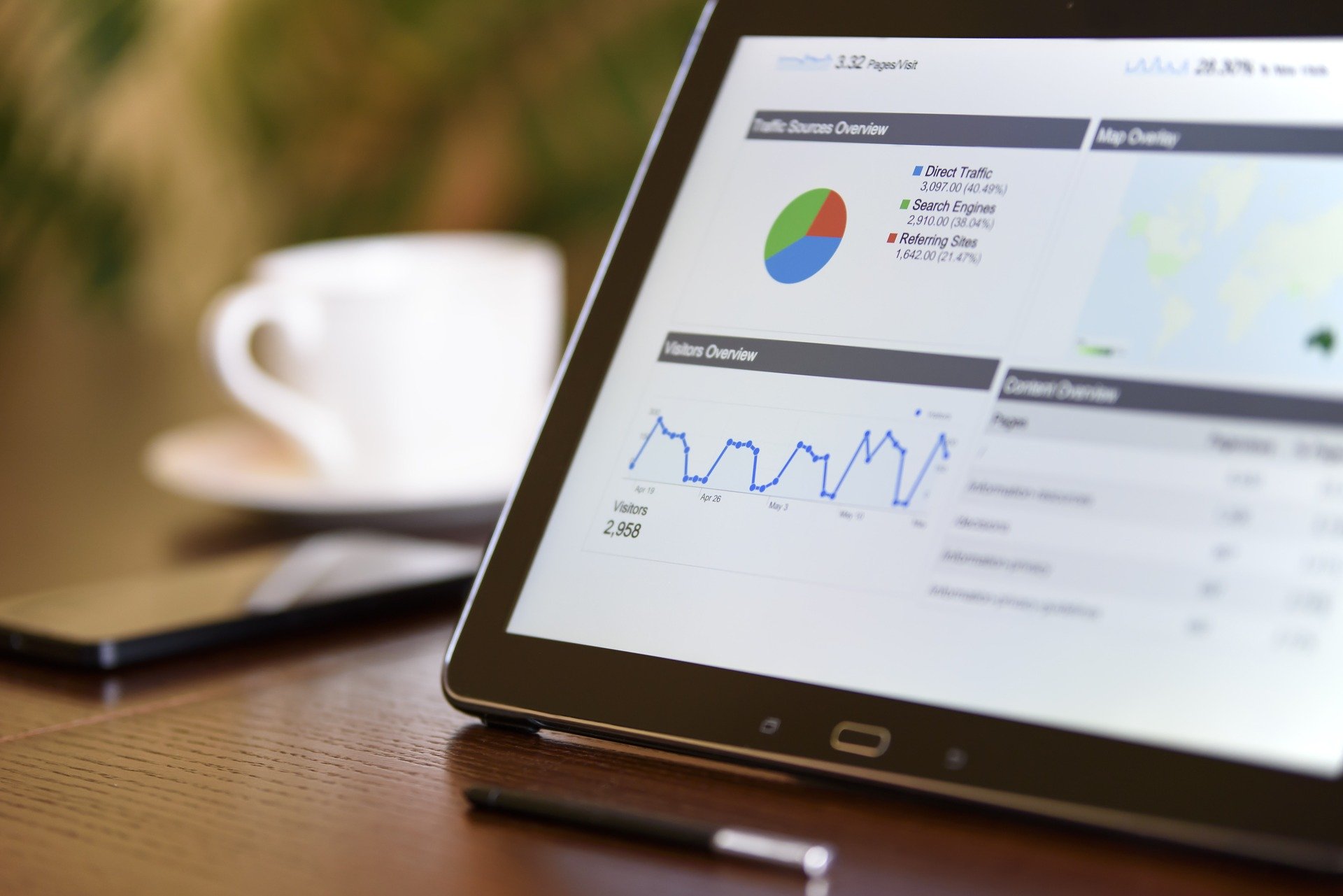Why Cybersecurity is Important for Marketing Campaigns
At first glance, cybersecurity and marketing appear to have little in common. However, over the last several years, experts from both professions often hear of each other.
Cybersecurity is essential to any successful business that utilizes the Internet in any way. 71% of all businesses now have a website, with more and more consumers reading online reviews or social media posts before making a purchase. The World Wide Web is an excellent tool to reach millions of buyers, but it can also ruin your reputation if you put your client's data at risk.
This article will help marketing professionals to implement sufficient cybersecurity procedures. Afterwards, we will also provide concise tips on using cybersecurity to strengthen your company's image, so let's dive right

Cybersecurity is important for all marketing campaigns!
Why Is Cybersecurity Important in Marketing?
Consumers choose brands they can trust. After billions of people joined social media online, they realized how important online data safety is. Information obtained from Facebook or Yahoo data leaks is used to improve phishing campaigns, posing a risk to users' online safety and financial well-being.
Your business may significantly damage its reputation if you fail to secure user data. As a marketing professional, you often handle various forms of confidential information, such as:
- Billing details
- Purchase habits
- Demographical data
Exposing these forms of data to malicious actors will result in a short-term sales decrease. It also negates long years of PR work since media headlines will focus on the cyber incident pushing your other achievements out of the picture.
Three Ways to Prepare for Your Marketing Campaign
It's best to prepare cybersecurity tools beforehand to avoid unnecessary chaos. Firstly, you must take care of your work-related online accounts. Marketing professionals handle dozens of social media accounts, CRM, Google and Microsoft families products, and more.
Securing online accounts is of utmost importance because they can store confidential user data or provide access to a corporate business network from outside. For example, one unprotected online account caused one of the biggest hacks in the energy sector.
Multi-factor authentication (MFA), password managers and storing your data in an encrypted form are three ways to improve business account safety. Hackers use straightforward credential stuffing and brute force attacks to bombard thousands of accounts with different username-password combinations simultaneously. They can also use legitimate credentials if they obtain them from numerous data leaks sold on the dark web.

Make sure you are prepared for your marketing campaign
1. Multi-factor Authentication (MFA)
Multi-factor authentication provides additional protection alongside passwords. After noticing someone trying to log in from an unrecognized device, it activates a second authentication step. For example, it will send an SMS to your phone if someone attempts to log in to your Gmail account.
The access will be granted only after you verify the login from your phone. Hackers attempting unauthorized access cannot reach your phone and successfully breach the account. Other types of MFA include:
- Biometric verification
- Email codes
- Physical keys
- Authentication apps
2. Password Managers
Password managers are no less important. Use them to improve password safety and neutralize spyware and keyloggers. This cybersecurity software allows storing hundreds of complex passwords in a secure encrypted vault, accessible only through a master password. It will then autofill the passwords on request without you typing them manually. You can enable MFA on your vault access, and such a setup will make your business accounts nearly unbreakable password security-wise.
3. Encrypted Data
Lastly, ensure you store user data in an encrypted form. You can establish secure servers and use file encryption software, but more and more businesses choose cloud services.
When picking a cloud service provider, ensure that it accepts data in an encrypted format, encrypts data, and stores it securely. Make sure the service provider also guarantees physical server safety and has a spotless reputation. Both iCloud and Dropbox have experienced data breaches, so it's best to choose a provider that has not and is somehow related to cybersecurity. We recommend using a password manager and MFA on cloud accounts.

Running a marketing campaign? Ensure all your online accounts are secure
Include Cybersecurity in Marketing
You can benefit from robust cybersecurity protocols even if you're not an IT company. According to PwC, 85% of consumers would like to see more companies they can trust their data with. For example, you run a cosmetic surgery clinic, so implementing encryption algorithms may not be your top priority. However, hackers have stolen user data, including photographs, from a clinic in London, damaging its reputation.
It would help to let your clients know you take their security seriously. You can create concise instructions on creating a secure password on your website and provide a few multi-factor authentication options.
Furthermore, be absolutely transparent about user-data collection and adhere to the minimum necessary to maintain your services. Legal regulations like General Data Protection Regulation (GDPR) and California Consumer Privacy Act (CCPA) regiment online user data gathering and storing, and don't hesitate to announce you are GDPR and CCPA compliant on your website.
It's essential not to overdo it, especially if you're not closely related to cybersecurity. However, letting your clients know they will be safe using your platform will forge long-term relationships.
Final Words
Hackers often target employees hoping to uncover expensive corporate secrets or steal user data. Because marketing experts work closely with consumer data and financial records, they are particularly susceptible to such threats.
We hope this article illustrates how you can improve your marketing campaign safety and use cybersecurity to strengthen your brand reputation!